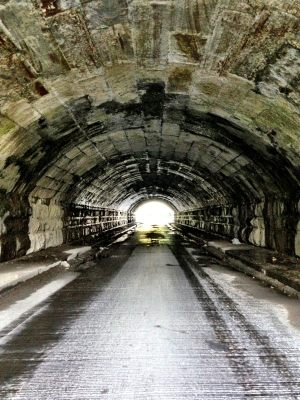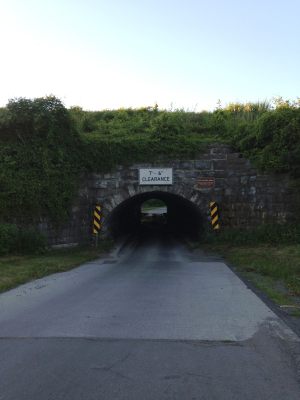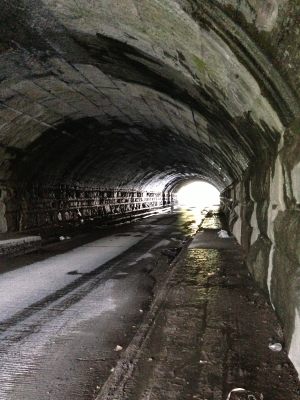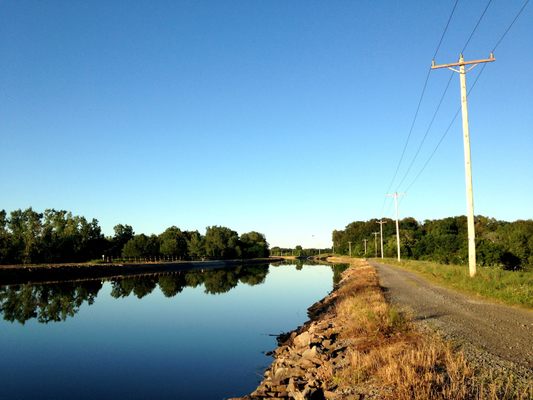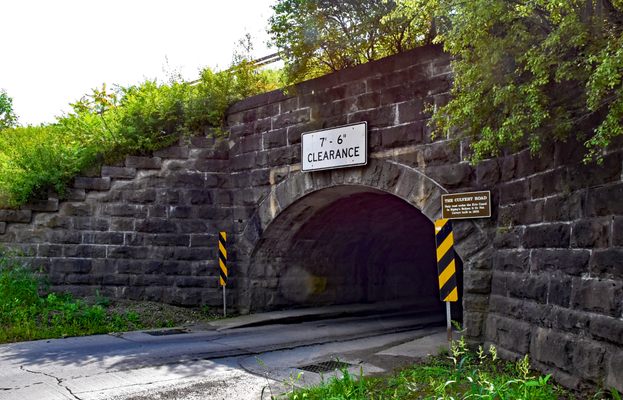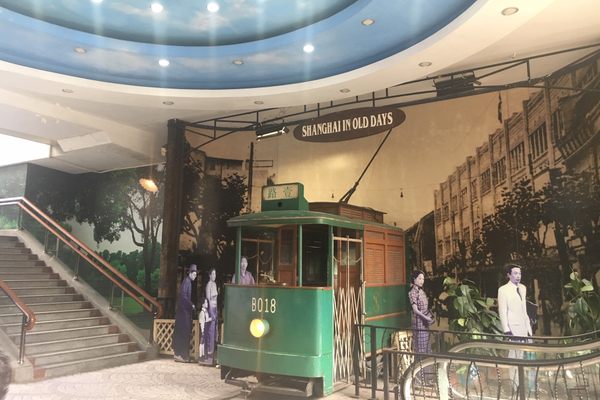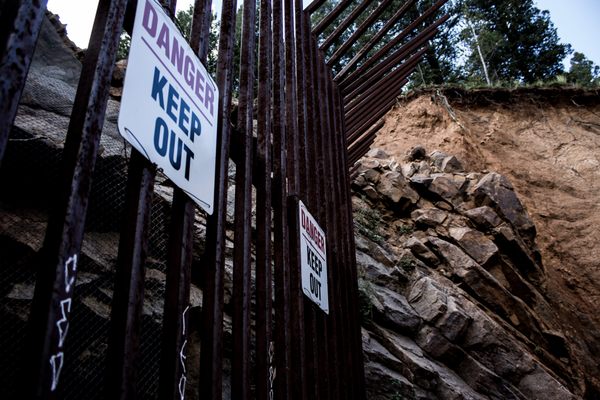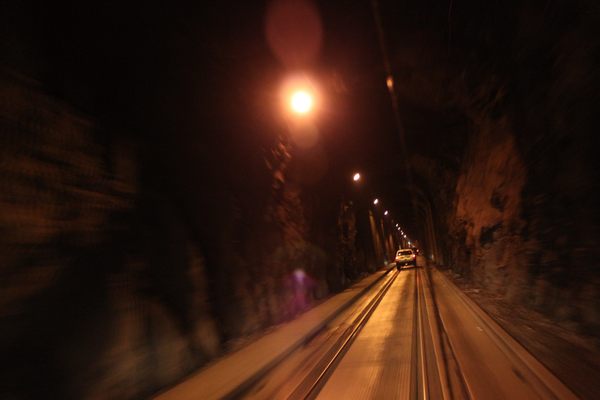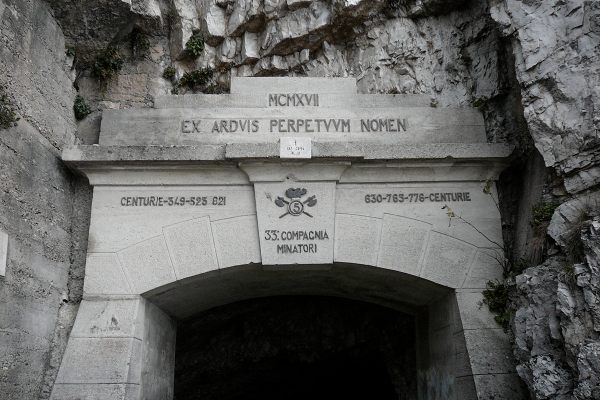About
The Erie Canal was created to allow easier access from the Atlantic Ocean to the Great Lakes region and all stops in between. A number of bridges cross the canal, but there is only one way to go underneath it, and that is on Culvert Road.
Otherwise known as the Medina Culvert, the damp tunnel was built in 1823 as a cheaper solution than building a bridge across the growing canal. This point made the perfect spot for a tunnel as the waters of the canal crossed over a large ditch with 20-foot-high burms on either side of the middle ground. Essentially just connecting the little valley to existing roads the builders used the contours of the land to guide them and let the water of the canal flow right over the top of the depression, building the tunnel road beneath.
The completed tunnel is not that large. The arch clearance is just 7-feet-6-inches so it is clearly not meant for big trucks, but it works just fine for small cars and non-basketball-players. At almost two centuries old, the masonry had seen better days. The whole tunnel drips and leaks, and is almost always in a state of damp. Anyone who doesn't like it can take a bridge.
The historic tunnel is a good reminder of just how old the Erie Canal is, and undoubtedly, if seen at night, the lonesome little tunnel could put the eerie back in Erie.
Related Tags
Know Before You Go
If you have a large/long vehicle I would recommend approaching from the south where there is a farm road which can be used to turn around. On the north, there is a worn pull off area but no easy location to turn around something long. Neither of these areas are plowed in the winter.
Community Contributors
Added By
Published
September 8, 2015
